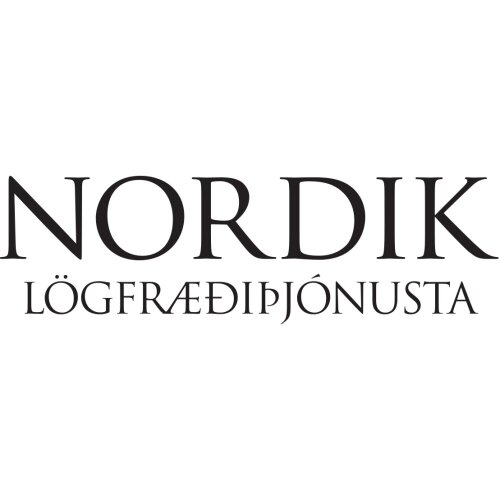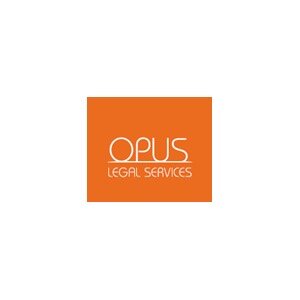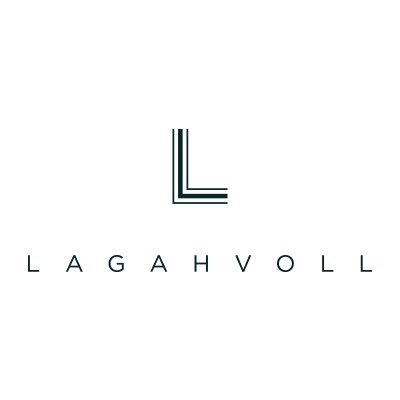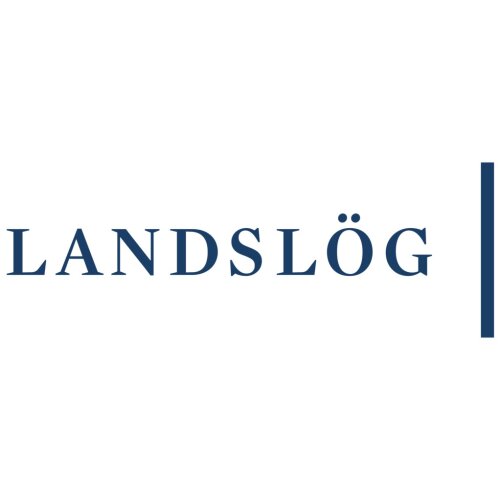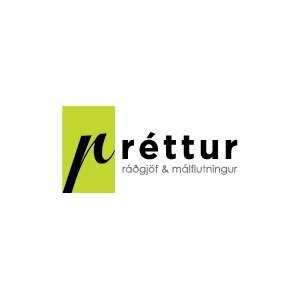Best Conveyancing Lawyers in Iceland
Share your needs with us, get contacted by law firms.
Free. Takes 2 min.
Free Guide to Hiring a Real Estate Lawyer
Or refine your search by selecting a city:
List of the best lawyers in Iceland
About Conveyancing Law in Iceland
Conveyancing in Iceland refers to the legal process of transferring ownership of real property from one person or entity to another. This includes not only residential properties such as houses and apartments but also commercial properties and land. The process is regulated by Icelandic law and involves several legal, financial, and administrative steps to ensure the validity and security of the transaction for both parties. Although buying and selling real estate in Iceland can be straightforward, it is essential to understand the legal requirements to avoid future disputes or financial losses.
Why You May Need a Lawyer
While some straightforward transactions may proceed without legal representation, many people in Iceland seek legal advice during conveyancing to ensure their interests are fully protected. Common situations where legal assistance is needed include:
- Reviewing and drafting purchase or sales agreements - ensuring that contractual terms are clear and enforceable
- Handling complicated or unusual property titles, such as inherited land or properties with multiple owners
- Investigating property boundaries and resolving disputes
- Arranging the formal registration of property transfers with the Icelandic Land Registry
- Advising on and managing mortgage or loan arrangements as part of a property transaction
- Facilitating cross-border transactions, particularly if one or more parties are not residents of Iceland
- Dealing with situations involving property-related debts or liens
Lawyers help ensure that all legal requirements are met and that the transfer is valid, complete, and risk-free.
Local Laws Overview
Conveyancing laws in Iceland are governed by various statutes and regulations, most notably the Real Estate Purchase Act and related Land Registry laws. Some key local law aspects relevant to conveyancing include:
- All real estate transfers must be carried out with formal written contracts - oral agreements are not legally binding for property transfers
- Property ownership transfers must be registered with the Icelandic Land Registry (Þjóðskrá Íslands) to become legally effective
- Due diligence on property title, including verification of the seller’s legal right to sell, is as important as the contract itself
- Iceland imposes specific restrictions on property purchases by foreign individuals or companies - these may require additional permissions or conditions
- Taxes and fees such as stamp duties and registration charges apply to property transfers in Iceland
- Both parties should ensure that there are no outstanding liens, debts, or legal claims against the property before the transaction
- If the property is jointly owned, all owners must be involved in the sale unless otherwise legally allowed
Understanding these requirements is crucial for a successful and legally sound conveyance.
Frequently Asked Questions
What is conveyancing?
Conveyancing is the legal process of transferring ownership of property from one party to another. This process ensures that the transaction is valid, the title is clear, and all legal requirements are met.
Do I need a lawyer to buy or sell property in Iceland?
Although it is not legally required, engaging a lawyer is highly recommended to handle contract drafting, due diligence, and registration, and to resolve any legal issues that may arise.
How is property ownership transferred in Iceland?
Ownership is transferred via a written purchase contract signed by both parties and formal registration of the transfer with the Icelandic Land Registry.
Can foreigners buy property in Iceland?
Foreigners can buy property but may face restrictions. Citizens of EU and EEA countries face fewer barriers, while others may need a special permit from the Ministry of Justice.
What taxes or fees must I pay when buying property?
Buyers typically pay stamp duty, registration fees, and legal fees. Rates may vary depending on the property value and type of transaction.
What happens if there is a dispute about property boundaries?
Boundary disputes are usually resolved through negotiation, legal advice, and sometimes official land surveying or court proceedings if needed.
How long does conveyancing take in Iceland?
The process can take a few weeks to several months, depending on the complexity of the transaction, financing, registration, and any required permissions.
What documents are needed for conveyancing?
Common documents include the purchase contract, property certificates, proof of identity, mortgage agreements if applicable, and the Land Registry application form.
Are there risks involved in buying property without legal advice?
Yes. Common risks include unclear contract terms, unresolved debts or liens, fraudulent sellers, or disputes over ownership. Legal advice helps prevent these problems.
How is mortgage handled during conveyancing?
If financing with a mortgage, the lender will be involved in the conveyancing process. The mortgage must be registered with the Land Registry, often alongside the ownership transfer.
Additional Resources
If you need more information or assistance with conveyancing in Iceland, consider consulting the following:
- Icelandic Land Registry (Þjóðskrá Íslands) - The main governmental body responsible for property registration and records
- Icelandic Bar Association - Directory of licensed lawyers specializing in real estate and conveyancing
- Directorate of Internal Revenue (Ríkisskattstjóri) - Information on property-related taxes and fees
- Ministry of Justice - For rules and permits regarding foreign ownership of property in Iceland
- Local municipalities - For property-related planning, building permits, and local charges
Next Steps
If you believe you need legal assistance in conveyancing or have questions about property transactions in Iceland, consider the following steps:
- Gather all available information about the property, including contracts, deeds, and correspondence
- Consult a licensed lawyer with experience in Icelandic real estate law
- If buying, arrange for a pre-purchase property inspection or survey
- Prepare any required documents for mortgage applications or registration
- Contact the Icelandic Land Registry regarding the process and necessary forms for property transfer
- Seek early advice if your situation involves foreign ownership, co-owners, or other complexities
Taking these steps will help ensure your conveyancing process in Iceland is secure, efficient, and in full compliance with all local laws.
Lawzana helps you find the best lawyers and law firms in Iceland through a curated and pre-screened list of qualified legal professionals. Our platform offers rankings and detailed profiles of attorneys and law firms, allowing you to compare based on practice areas, including Conveyancing, experience, and client feedback.
Each profile includes a description of the firm's areas of practice, client reviews, team members and partners, year of establishment, spoken languages, office locations, contact information, social media presence, and any published articles or resources. Most firms on our platform speak English and are experienced in both local and international legal matters.
Get a quote from top-rated law firms in Iceland — quickly, securely, and without unnecessary hassle.
Disclaimer:
The information provided on this page is for general informational purposes only and does not constitute legal advice. While we strive to ensure the accuracy and relevance of the content, legal information may change over time, and interpretations of the law can vary. You should always consult with a qualified legal professional for advice specific to your situation.
We disclaim all liability for actions taken or not taken based on the content of this page. If you believe any information is incorrect or outdated, please contact us, and we will review and update it where appropriate.
Browse conveyancing law firms by city in Iceland
Refine your search by selecting a city.



